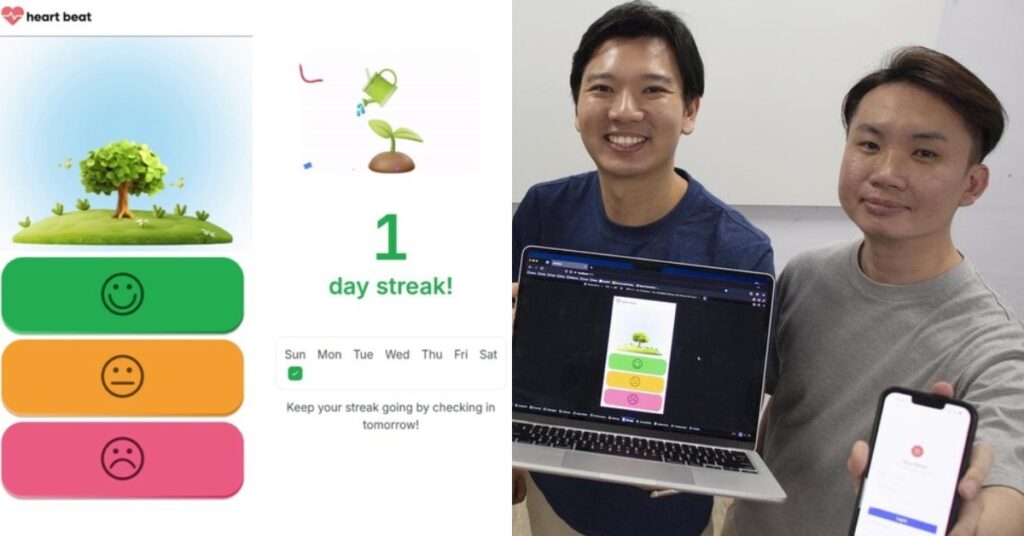Recently, everyone seems to be getting their TV show fix on-the-go. Whenever you go onto the bus or the MRT, there’s always someone catching up on their favourite Taiwanese, Korean, or American shows. With Mediacorp uploading their TV online and shows readily available on the Internet, you may be forgiven for thinking that the traditional TV culture in Singapore is dying out.
But don’t go home and throw out your TV sets just yet, for a recent survey has shown that Singaporeans use the TV more often than you may think.
In the Connected Life 2014 study published by TNS Global, they revealed that about 70 percent of Singaporeans actually watch their video content on their traditional television sets everyday, while only 33 percent of the people get their daily videos on their mobile devices (computers, mobile or tablet).

Have the habit of scarfing down your dinner in front of the TV? Don’t worry, for you are just one of the 67 percent here in Singapore who watches TV while they eat. If it makes you feel better, we are also lower than the global average (76 percent), and far lower than the people in China (80 percent).

Are you checking your phone all the time? Even while you’re watching TV? Then you should know that Singaporeans actually lead the trend in the activity of “screen-stacking”, where people are engaged in other digital activities while watching the screen at the same time. Apparently, about 61 percent of us do that, quite a bit more than the global average of only 48 percent. Guess who’s good at multitasking?
Also read: NTU study says that playing puzzle games can improve mental flexibility!

Matthew Froggart, Chief Development Officer at TNS Global, commented on the findings:
“In a world where multi-tasking is the norm, the context in which we watch TV is rapidly changing – it isn’t just on the sofa at home with no other digital distractions around us. Instead, the growth in screen-stacking and online TV viewing is huge, particularly in the Asian markets, driven by a growing demand for content among viewers.
“While there is no disputing that our love of traditional TV remains, advertisers must continue to adapt to our changing viewing habits. Online devices are offering more ways to access TV and video content, meaning that brands will need to adopt a more integrated online approach in order to engage consumers.
“However, many people around the world are still wedded to their TV sets, particularly when they are with their families and friends. Our ongoing love affair with TV has been supported by the rise in digital set-top boxes, catch-up TV and on-demand services such as Sky+ and Virgin TV Anywhere.”

The study, covering over 55,000 users in 50 markets around the world between March and June this year, includes much insight into how the worldwide digital ecosystem is evolving and changing with technology. Besides TV usage, they have also charted the adoption of technology by different markets, as well as charting the amount of radio, mobile, and PC usage around the world. If you are interested, you can also check out this quiz to determine what kind of connected life you lead as well.
Also read: Can’t Help but Hate Ourselves for Loving Them: Reality TV












